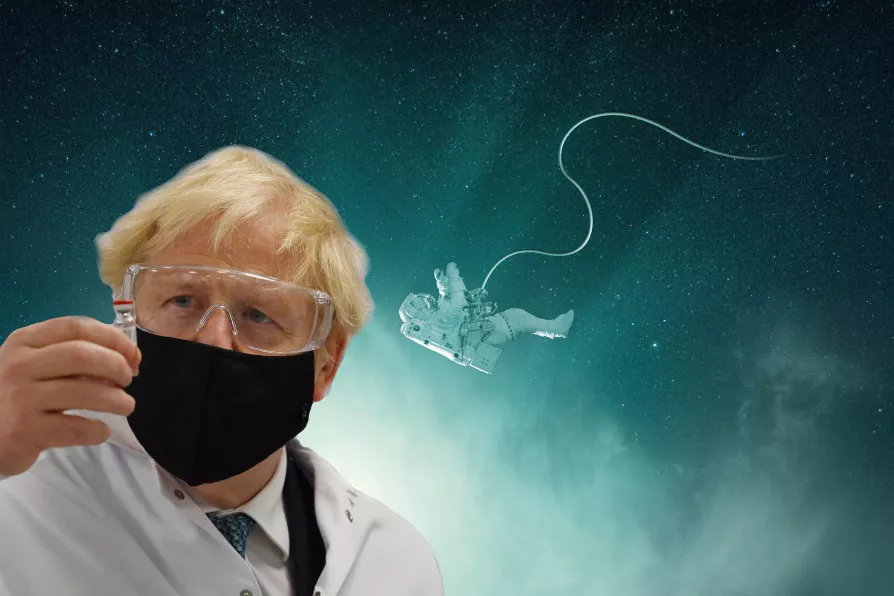As tens of thousands return to the streets for the first national Palestine march of 2026, this movement refuses to be sidelined or silenced, says PETER LEARY

 Boris Johnson prefers to spend money in large sums on eye-catching projects, whether there is any evidence they are a good idea or not. This is the only way to make sense of projects like Operation Moonshot, reportedly costing a headline-worthy £100bn
Boris Johnson prefers to spend money in large sums on eye-catching projects, whether there is any evidence they are a good idea or not. This is the only way to make sense of projects like Operation Moonshot, reportedly costing a headline-worthy £100bn
COVID-19 has made the social determinants of health painfully obvious. Social geographers like Danny Dorling have pointed out that the map of the three-tier system of Covid-19-related restrictions looks uncannily like “a depiction of the north-south divide.”
The north is, on average, poorer than the south. People are more likely to have jobs where they cannot work from home, and to live near to their extended family who provide childcare. These, along with other factors, mean that Covid-19 can spread more easily.
Currently, the government recommends that those with Covid-19 symptoms should self-isolate for ten days. A minority of people are following this. One study, not yet peer-reviewed, found that fewer than one in five people reported that they had adhered to the full self-isolation period, despite around 70 per cent having the intention to.

Under current policy, welfare cuts are just a small downpayment on future austerity, argues MICHAEL BURKE













